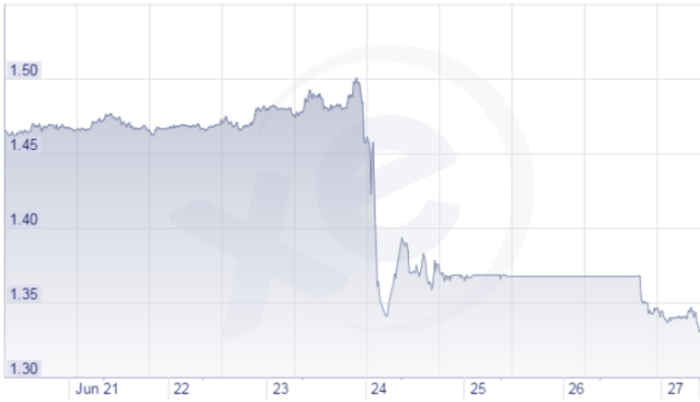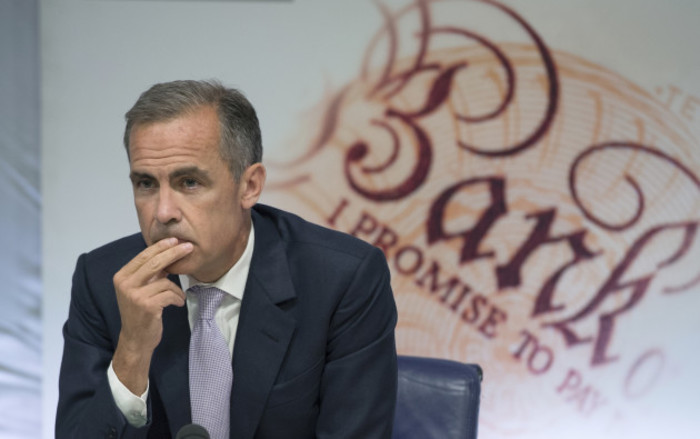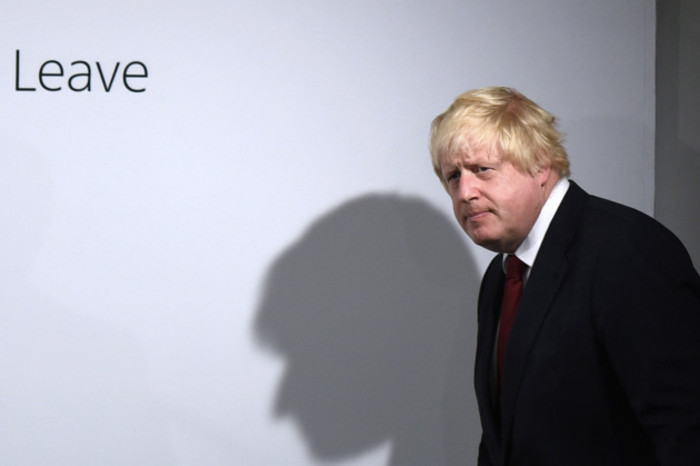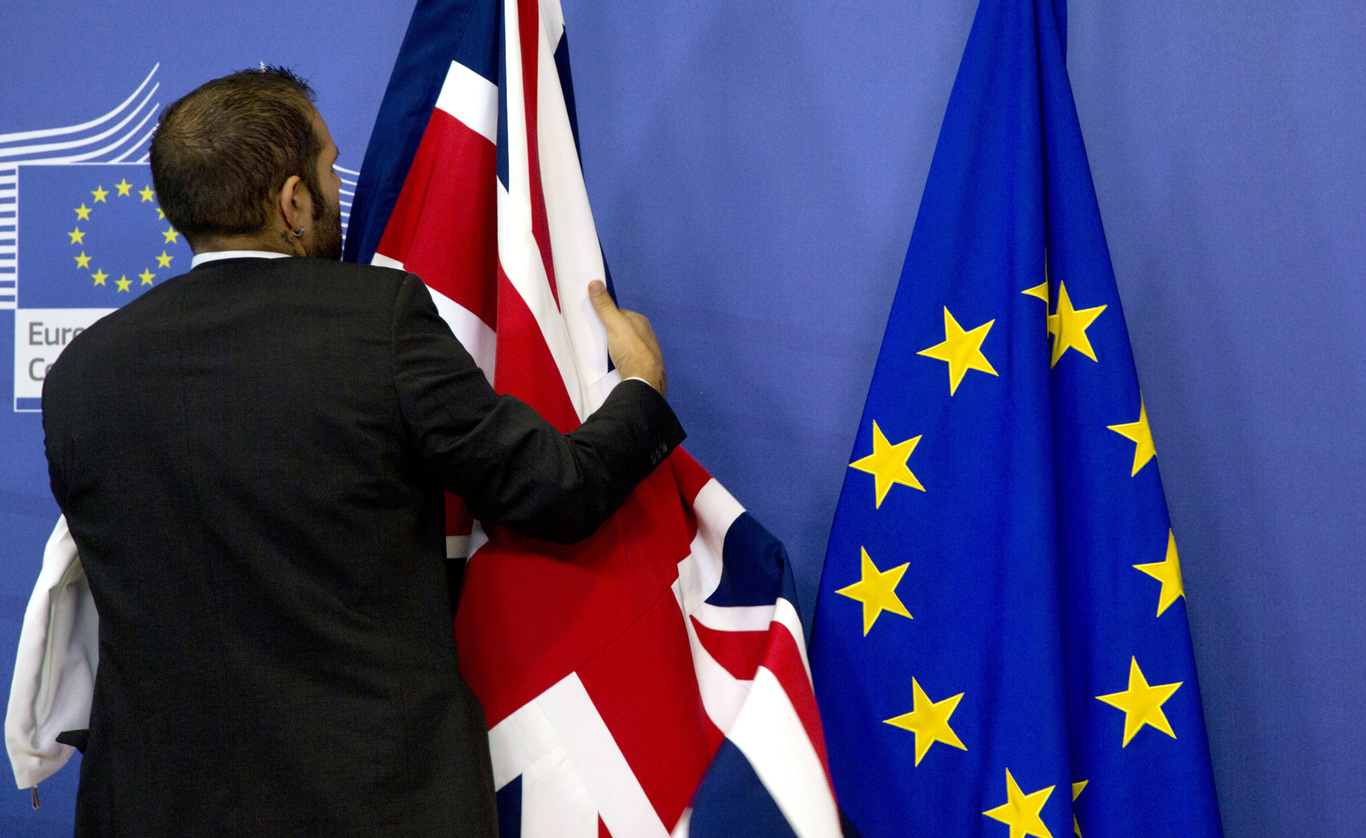The forecast for the UK's future post-Brexit: 'Hello recession'
Irish businesses and state agencies are getting ready for a new normal for our key trade partner.
WITH A WEEKEND to digest the reality of a Britain-less EU, the verdict from many quarters seems little better for Ireland’s key trade partner.
Not mincing words, Bank of America Merrill Lynch sent out a briefing note to clients with the headline: “Hello recession.”
It forecast the UK economy would take a 2.5% hit to its GDP over the next 12 months following the Brexit vote, enough to wipe out the country’s current year-on-year growth rate of 2.1%. That would deliver a “mild recession lasting three quarters”, it predicted.
The bank’s analysts also expect the Bank of England to unveil a stimulus plan that could further push down the value of sterling. The pound hasn’t recovered after hitting a 31-year low against the dollar immediately after the referendum results came in.

Although official interest rates in the UK have been held at record lows for the past seven years, the central bank could cut even further – a move expected to make the pound cheaper.
It’s also possible the Bank of England will relaunch its quantitive easing programme, also known as money-creation, to stimulate the economy and further devalue the currency.
Its governor, Mark Carney, has already said the central bank is ready to provide “more than £250 billion of additional funds” to support the markets as well as additional foreign currency to support financial institutions.
Over at Goldman Sachs, analysts were also telling clients there would be a “mild recession by early 2017″. They were expecting a cumulative 2.75% to be wiped off the UK economy, compared to if a Remain vote had gone through, in the next 18 months.
The investment bank was predicting a slight knock-on effect for the EU as a whole, as well as in the US.
Unsurprisingly, not everyone shares the doomsday predictions. UK-based Capital Economics is predicting a markedly weaker pound after the referendum but for that to also provide a jump-start for exporters and manufacturing businesses.
It was only expecting a minor blip in the country’s economic growth and for there to be no changes in interest rates or significant shift in the Bank of England’s policies.
 Bank of England governor Mark Carney
Bank of England governor Mark Carney
Extremely negative
On this side of the Irish Sea, Davy chief economist Conall Mac Coille wrote after the Brexit vote that it was “quite likely” the UK economy would either flatline or go into recession in the second half of this year.
He added that past analyses showed a 1% reduction in UK GDP cost the Irish economy 0.3%. That means the Republic would suffer in the case of a UK recession, although not nearly enough to also tip the local economy into negative territory.
Meanwhile, Goodbody’s Dermot O’Leary this morning told the stockbroker’s clients that the UK’s fractious political situation and the general climate of uncertainty was “hardly the kind of environment that is conducive to firms investing and consumers purchasing”.
“It is often the case that initial reactions to major events are overblown and a period of reflection provides an opportunity for more reasoned views,” he said in a briefing note.
“Having contemplated the Brexit issue over the weekend, it is hard not to come to an extremely negative conclusion.”
 Leading Leave campaigner Boris Johnson
Leading Leave campaigner Boris Johnson
Industry shocks
As we’ve previously outlined, the Brexit effects for Ireland in both the short and longer terms are expected to be very industry specific. The agribusiness, food and drink sector will probably be hardest hit thanks to its heavy reliance on exports to the UK and exposure to the negative effects of a weaker pound.
The IDA is, however, ready to swoop on any foreign investment opportunities that open up amid uncertainty over the UK’s future with the European bloc.
Government contingency plans published on Friday said: “Marketing will be intensified in key sectors where newly mobile (investment) flows may be available, including financial services, arising from companies who wish to be based in an EU member state.”
 Taoiseach Enda Kenny and IDA CEO Martin Shanahan
Taoiseach Enda Kenny and IDA CEO Martin Shanahan
A survey of British business leaders revealed one-fifth were considering moving some of their operations abroad after the surprise vote.
For Enterprise Ireland, which faces a tougher task in protecting domestic exporters from Brexit shock, one key move involves “market diversification support” – that is, a Plan B for other countries besides the UK they can target.
“A short-term strategy identifying other options and possible instruments will be developed to protect jobs in vulnerable sectors. The impact on enterprise and trade in Border counties will be monitored closely,” the government’s plan said.






